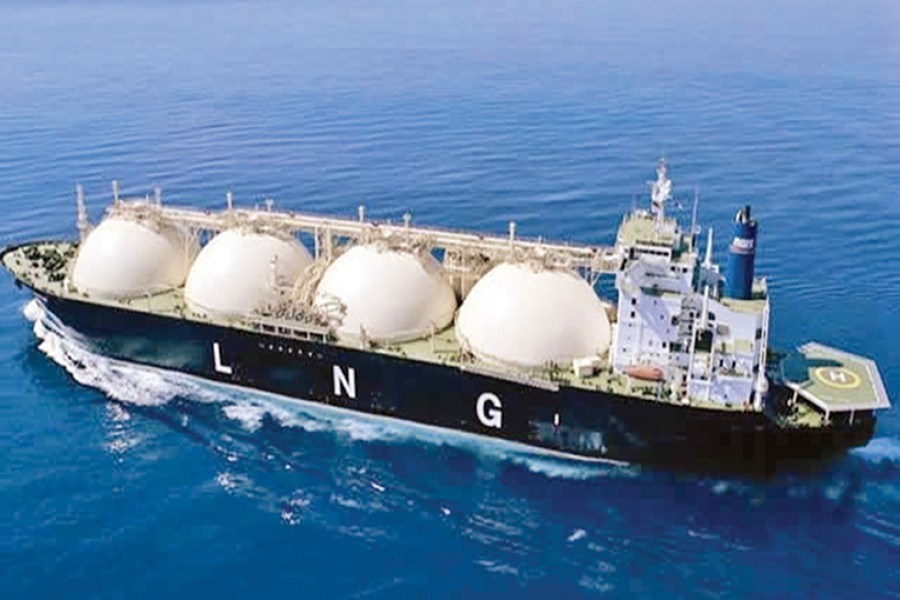The Bangladesh Energy Regulatory Commission (BERC) has done what has been long overdue. It held the first-ever hearing on uniform LPG (liquefied petroleum gas) pricing on Thursday last in line with a directive from the country's higher court. The energy regulator does support a uniform price for LPG, now used by around 4.0 million consumers across the country. But the ministry concerned was not interested.
The fixation of the uniform price for LPG has become a necessity, at least, for a couple of reasons. The first one is the price gap between LPG cylinders sold by the state-owned Bangladesh Petroleum Corporation (BPC) and the private LPG bottlers. The second one relates to varying rates charged by the private operators for the same quantity of LPG. It is more of a free-for-all situation in the domestic LPG market that has been expanding unabatedly. The government's decision to stop giving piped gas connections to domestic users in 2008 came as a turning point for the domestic LPG market.
The LPG gas users are spending more than those using piped gas in an otherwise unregulated market. The BPC, which meets only a small fraction of the market demand, sells LPG at a price lower than that of the private operators. The LPG price in Bangladesh is higher than that of neighbouring India, where state firms dominate the market. Besides, the low-income Indian consumers are somewhat lucky as they receive a subsidy from the government exchequer against the purchase of a specific number of cylinders every year at market prices.
The price of LPG is dependent on international prices, transportation and distribution costs and profits of marketing companies and dealers. The private LPG marketing companies import their item in smaller vessels as the LPG storage facilities are highly inadequate. This increases their cost, which is passed on to the consumers. Moreover, the private LPG marketing companies, allegedly, have a propensity to hike the price whimsically. While doing so, different companies fix different rates for the cylinders containing the same quantity of LPG.
The LPG market has expanded substantially in recent years and would continue to do so in the coming years. As the fuel wood is increasingly becoming scarce, LPG is expected to reach the remote rural areas of the country soon. So, the BERC must fix LPG prices from time to time to protect the interests of both consumers and LPG marketing companies, taking into account the item's international prices in particular. However, such fixation of prices need not be frequent.
Marketing companies wanting to hike the LPG price must make available to the energy regulator the necessary evidence to this effect. Also, the government should examine whether it is possible on its part to implement a recent BERC proposal to provide 25 per cent subsidy on the import price of LPG to the operators to help keep the LPG price within the reach of the common people. It might also consider providing subsidy directly to low-income consumers following the practice in some other countries.


